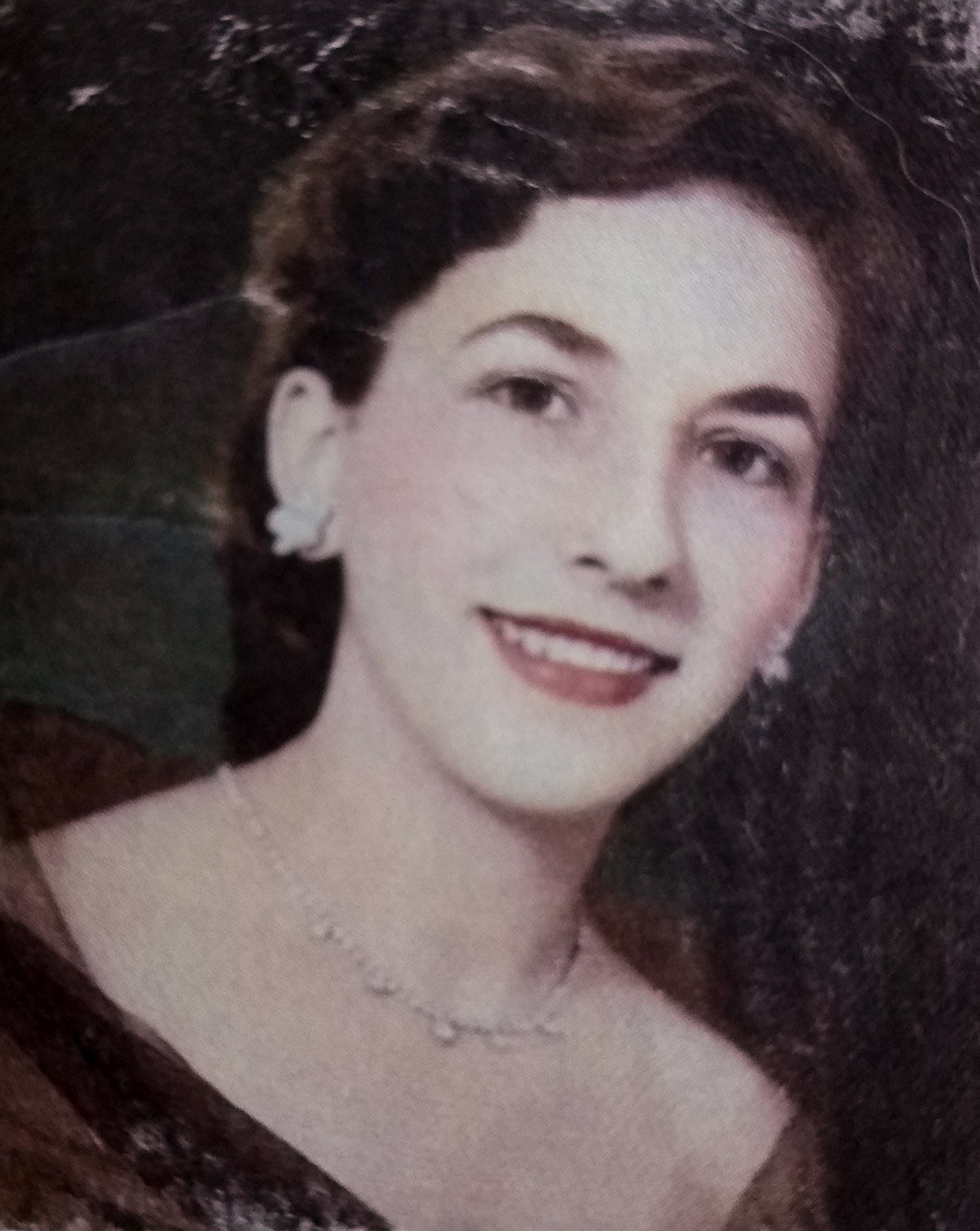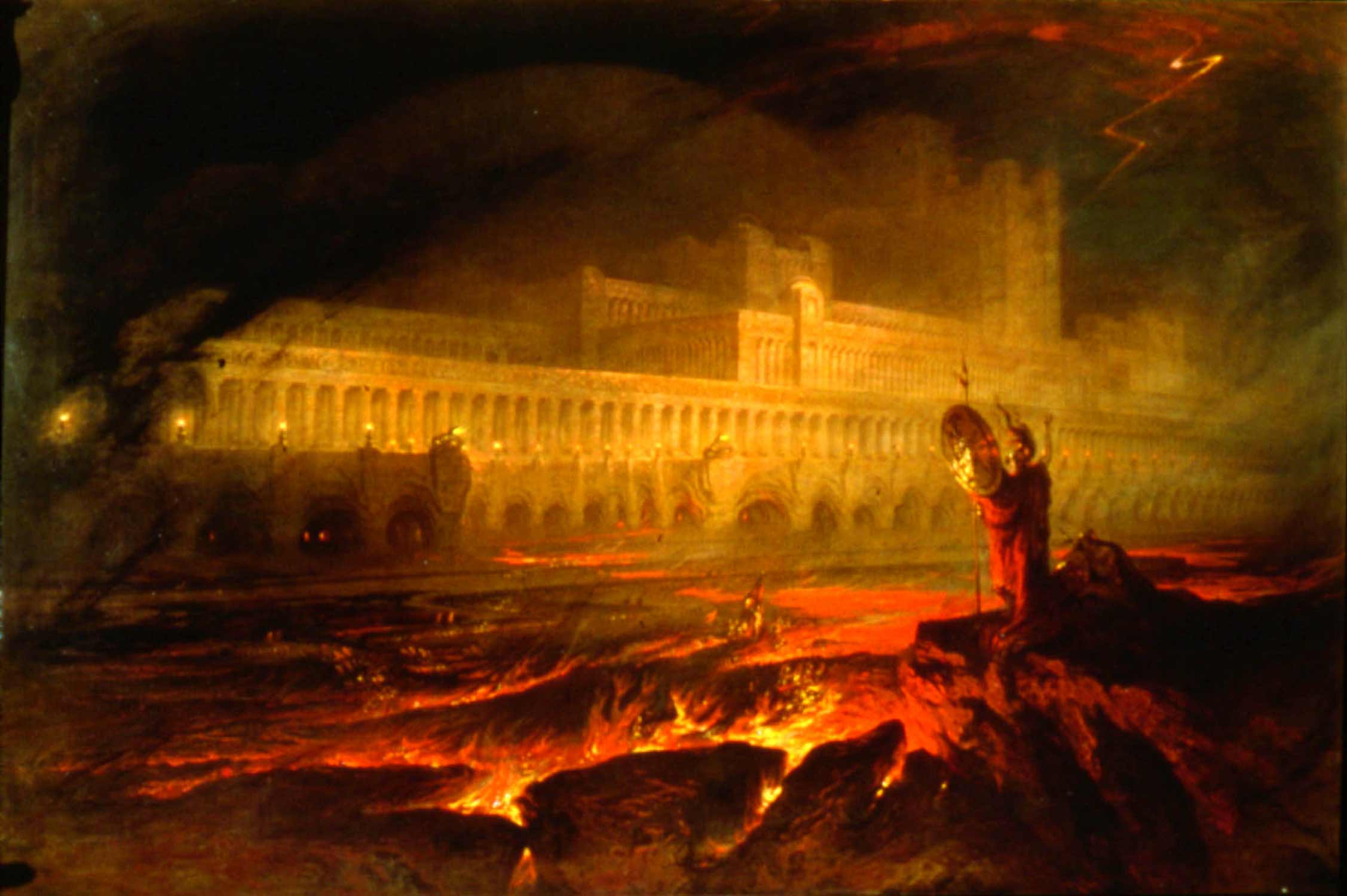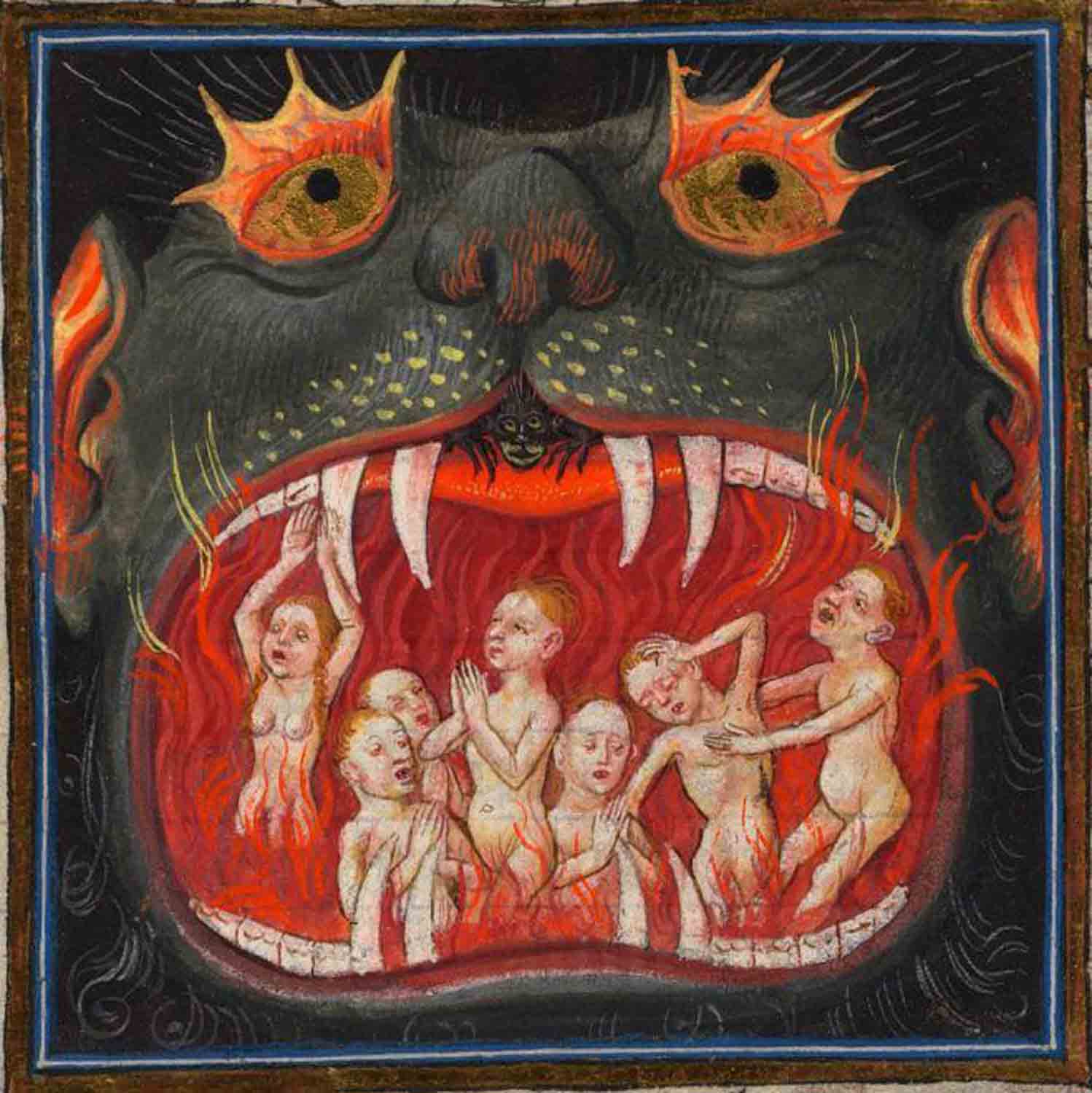HBM121: True North
/HBM host Jeff Emtman on the roof of his university’s library in 2008. Northern Lights image by Johny Goerend via Upsplash.
Angels helped Here Be Monsters’ host Jeff Emtman once. They picked him up and took care of him after a bad bike crash. It was just one of many times that Jeff felt watched over by God.
Jeff used to think he might be a pastor someday. And so, as a teenager, he made an active effort to orient his thoughts and deeds towards what God wanted.
In this episode, Jeff tells four short stories about faith (and the lack thereof) through the metaphor of declination, or the distance in angle between the unmovable true north, and the ever shifting magnetic north.
Producer: Jeff Emtman
Editor: Bethany Denton
Music: The Black Spot
Photos: Jeff Emtman






View from the middle of Holden Village, where Jeff spent his Junior year of high school. Trees discussed on the episode are pictured far left. Click for a 180° panorama
Did you hear the good news?
We have new stickers, commissioned from the incredible artist Violet Reed.



















